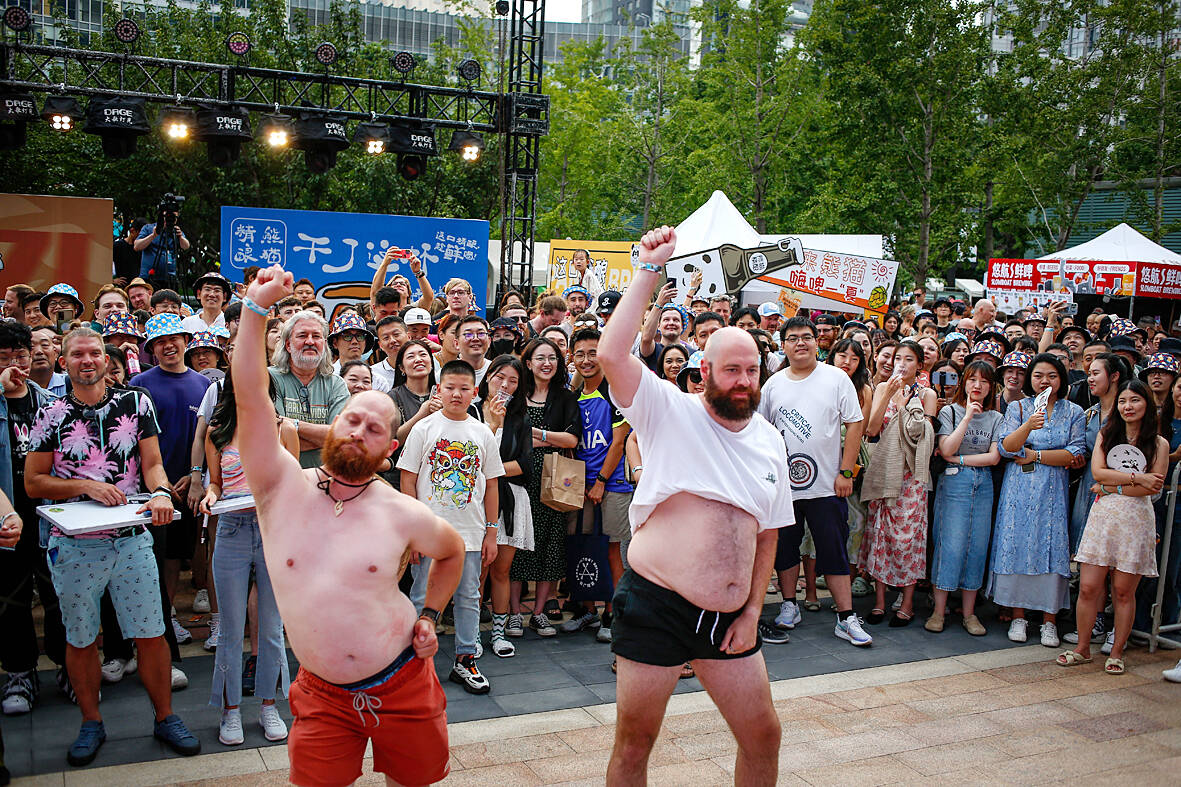The concept of wellness is a relatively undermined one by now, if not entirely disgraced — thanks to sterling work from the likes of Gwyneth Paltrow and Goop — regarded by many of us with a healthy (not in the Goop meaning of the word) skepticism. If we would like to be well, we would also like not to be taken for suckers, and new entrants into the field must find an approach that, simultaneously, exploits what remains of audience credulity without triggering our kneejerk distrust. Or, to put it in terms framed so ably by Mr Banks in Mary Poppins, wellness these days has to avoid transmitting the vibe that it is still rooted in “slipshod, sugary female thinking.”
Welcome, then, to the world of rugged wellness podcasts and newsletters, fronted by bearded men with large shoulders and Orson Welles scowls, or bearded men with large shoulders and frank open faces, or just bearded men. The prevalence of facial hair in this space is striking and also, I suspect, linked to a desire among providers to indicate maleness straight out the gate. No aromatherapy candles or vaginal eggs here! Just men, offering muscular insights backed by science — science, not vibes! — and a range of behavioral and therapeutic suggestions that have absolutely nothing in common with weedy self-help but, did I mention it, are rooted in science?
Specifically: “neuroscience,” which has for a while now had a magic bullet effect on those parts of the publishing spectrum previously dismissed as insubstantial and dippy. A chief practitioner in this world, and host of the phenomenally successful podcast the Huberman Lab, is Andrew Huberman, a neuroscientist and tenured professor at Stanford, whose tips and techniques are, according to his Web site, designed to “optimize performance in high stress environments, enhance neural plasticity, mitigate stress, and optimize sleep.”

Photo: EPA-EFE
Huberman, who is bearded and has very large shoulders, or, as GQ described him earlier this year, is “extremely jacked,” offers a program for self improvement that has more than 3 million subscribers on YouTube. His podcast episodes can run to several hours at a time, like state broadcasts by Fidel Castro. And he partners with Momentous (tag line: “Live Momentous” — it’s a feature of these products that, wherever else their disruptions fall short, they absolutely nail the disruption of basic grammar) to offer a line of nutritional supplements.
To give an example: for US$185, you can avail yourself, Goop-style, of the Huberman Lab sleep bundle — a magnesium supplement, among other things — which has selected the “best ingredients backed by science,” to help you sleep better. Or, for US$145, how about the Huberman Lab Focus and Cognition Bundle (which, like fish oil, contains omega-3), to “optimize mental performance?”
These are not, let’s be clear, mostly repackaged vitamins you could buy for a fraction of the cost at the chemist, but lifestyle enhancers that come from an actual Lab run by a real life neuroscientist, hellbent on optimizing your experience as a human. (By the way, ladies, you can get in on this too via a set of protocols put out by Momentous under the brilliant tagline “Human Performance for Women.”)
So successful has the branding around Huberman and his ideas been that, along with the 4 million Instagram followers, it has spawned the TikTok meme “Huberman husband,” in which women catalogue the various Huberman-based obsessions of the men in their lives. These largely revolve around the application of Huberman techniques for various things — breathing, eating, sleeping — the word “technique” being very important in this space; attach it to anything at all and it promises to instantly repackage the bleeding obvious into a set of life-changing principles and hacks.
There is nothing wrong with any of this for those with disposable income who want to equate going on a diet with a doctorate in brain science. What’s interesting, from a marketing perspective, is just how rooted in bro-y energy products aimed at men have become — even products ostensibly oppositional to the Huberman approach. For example, the largely sensible advice of Mark Manson, packaged in his huge bestseller The Subtle Art of Not Giving a F*ck, advocates optimizing yourself by trying less hard — but with impeccable bro-y instincts opens with an admiring story about the writer Charles Bukowski. (Pro tip: any man who makes you listen to his story about Charles Bukowski is one on whom you can confidently swipe left.)
You may find that a net result of considering all this is, perversely, a sudden rush of affection for the straightforwardly obvious baloney of good old Gwyneth and Goop.